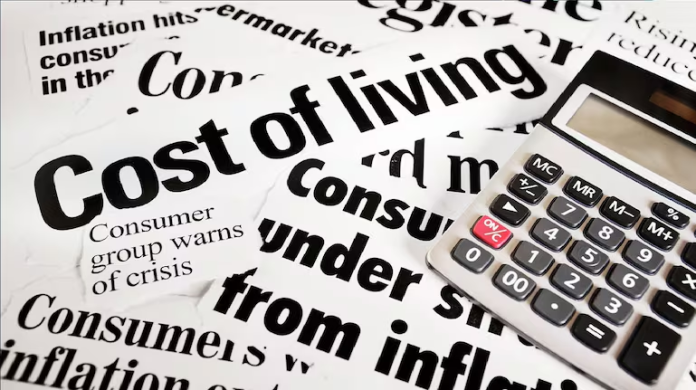European inflation rose to 2.6 per cent year-on-year in May amid a painful spike in consumer prices, according to official data on Friday.
However, the rise is unlikely to stop the European Central Bank (ECB) from making its first interest rate cut next week, according to AP News. The move could put it ahead of the US Federal Reserve in reducing the cost of borrowing for businesses and consumers.
The official rate for the 20 countries using the euro stood at 2.4 per cent in April, according to Eurostat, the European Union’s statistics agency. Meanwhile, markets had expected a 2.5 per cent rise in May.
The US Fed is refraining from cutting rates because of the country’s more stable inflation. This will mark a departure from the rate hike cycle, when the ECB lagged behind the Fed in raising rates, as inflation has flared up across the world’s advanced economies. Meanwhile, US consumer inflation in April stood at a seasonally adjusted year-on-year rate of 3.4 per cent.
At the same time, the ECB faces a different economic situation as it has suffered the spike in energy prices. Inflation in the US, in turn, was fuelled by higher stimulus spending during and after the COVID-19 pandemic.
European inflation rose to double digits after Russia cut off most of its natural gas pipeline supplies following the outbreak of war in Ukraine in 2022. Inflation then declined, as energy prices fell and supply disruptions diminished.
Economic growth concern
However, the decline in inflation has slowed in recent months as workers pushed for agreements on higher wages to compensate for the loss of purchasing power. This led to sustained price increases in many categories. Prices for services rose 4.1 per cent in May, although energy prices rose just 0.3 per cent. Meanwhile, food inflation did not exceed the overall rate of 2.6 per cent.
As inflation fell to the ECB’s 2% target, concerns about economic growth became more prominent. The euro zone has not shown significant growth in gross domestic product in four years.
The ECB officials signalled clearly that a rate cut from the current record high of 4 per cent would be one of the topics at the bank’s rate-management board meeting in Frankfurt. Bank President Christine Lagarde stated last week that she was ‘really confident’ inflation remained under control.
How soon the bank will cut rates at subsequent meetings is unknown. However, recent improvements in economic growth in Europe, as well as solid inflation and higher wage growth “could argue against a rate cut next week,” Carsten Brzeski, global head of macro at ING bank, said.
However, the ECB’s own communication over the last two months has made it almost impossible not to cut.
This means that after the June meeting, the bank may move to cut rates “very gradually.” They could remain at levels that constrain lending, economic growth, and inflation.
